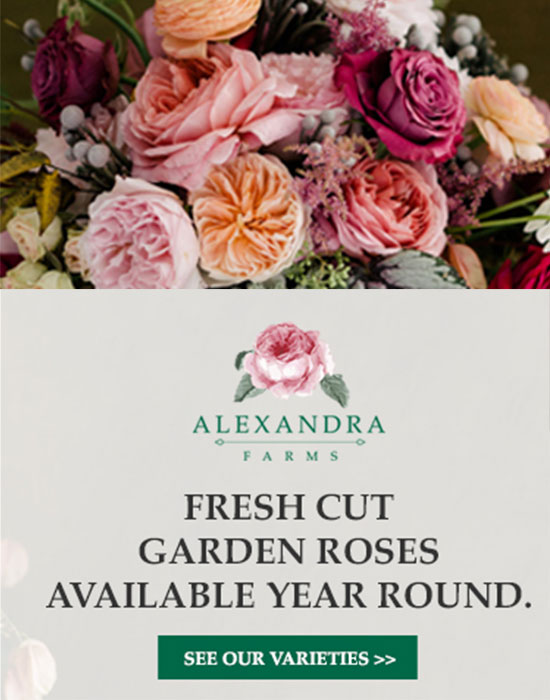In Baltimore, farmers markets provide opportunities for entrepreneurship. It’s no secret that millennials love food. According to the advertising agency BBDO, 50 percent of them consider themselves to be “foodies.” We see this phenomenon in the rise of food delivery apps, food trucks, brunch culture and meal subscription services — not to mention the number of Instagram accounts dedicated to the visual lure of fancy cuisine. Another culinary trend that has been on the rise over the past decade is shopping at farmers markets, where food is sold by farmers directly to consumers. Farmers markets have also become places for local artisans to sell clothes, jewelry and other crafts and for florists to sell seasonal flowers. According to the USDA, the number of farmers markets in the United States have gone up 180 percent between 2006 and 2014. Farmers markets have become important to local food economies and local farms. According to the Farmers Market Coalition , farmers markets are a cost-effective business model for local farms because they provide “brief periods of intense retail sales with low fixed costs.” In other words, because farmers sell their products only once or twice a week at a farmers market, rather than on a rolling basis in a grocery store, farmers can minimize their hours of work and cost of labor. This helps makes these local businesses profitable. Fresh food for more people This model is also good for consumers. Much of the produce found in typical grocery stores is highly processed and grown with pesticides and other chemicals . The fruits and vegetables at farmers markets are minimally processed and a lot fresher. You can also find meat, dairy products and eggs from animals that were raised humanely and without hormones and antibiotics. Farmers markets get the reputation of being […]
What Farmers Markets Do for Urban Neighborhoods






















